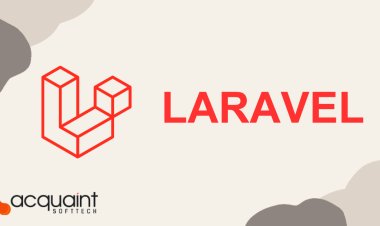Online delivery platform Dunzo plans to fire more employees, delays salary payments
Bengaluru-based quick commerce startup Dunzo is reportedly preparing for another round of layoffs, potentially affecting 20% of its workforce. The decision has come after the company deferred salaries and faced cash flow issues, despite having $40 million in the bank, leading to concerns about its ability to navigate through these challenges. Listen

In brief,
- this week will see the implementation of fresh layoffs at Dunzo.
- Either July 20 or July 21 will be used to determine the precise amount of layoffs.
- Due to a cash shortage, Dunzo was forced to cap the salary of several staff at Rs 75,000.
According to people with knowledge of the situation, Bengaluru-based fast commerce firm Dunzo plans to conduct a new wave of layoffs this week. Mukund Jha, co-founder and chief technology officer of the business, revealed the choice to staff members on July 19 during a meeting. On July 20 or 21, the precise number of layoffs will be decided, and employees should receive word of the decision this week.
The third time Dunzo has used layoffs to reduce its employment, this impending wave of job cuts will effect up to 20% of its workforce, or up to 200 workers. The decision was made soon after the startup stated that salaries for the month of June would be deferred to September and assured staff that their salaries for the months of July and August will be reimbursed on September 4. The company had stated that it will credit the late payments by July 20, however due to cash flow concerns, this date has passed.
Due to a cash shortage, Dunzo was compelled to cap the salary of several staff in June at Rs 75,000 ($1,008). Despite having a runway of 18 months and $40 million in the bank, the business is unable to access these assets because of debt obligations. Dunzo, a hyperlocal delivery platform, was established in 2015 by Kabeer Biswas, Dalvir Suri, Jha, and Ankur Aggarwal. The firm has received $500 million in funding throughout the years from well-known backers like Reliance, Google, Lightrock, Lightbox, and Blume Ventures.
Dunzo's April convertible note fundraising from Reliance and Google brought in only $75 million, compared to his January attempt to raise $100 million. The startup's overall performance and profitability have been negatively impacted by its struggles with significant losses and a high burn rate.
Dunzo has been taking different steps to control costs, including shuttering more than 50% of its dark stores, leaving unproductive markets, raising delivery rates, and charging clients a convenience fee. In an effort to reduce costs, the corporation let go of more than 300 workers earlier this year. Additionally, Dunzo has been preparing to switch from a dark store model to a revenue-sharing partnership with bigger supermarkets and food stores. It will be interesting to see how Dunzo handles these difficulties as the scenario develops.












